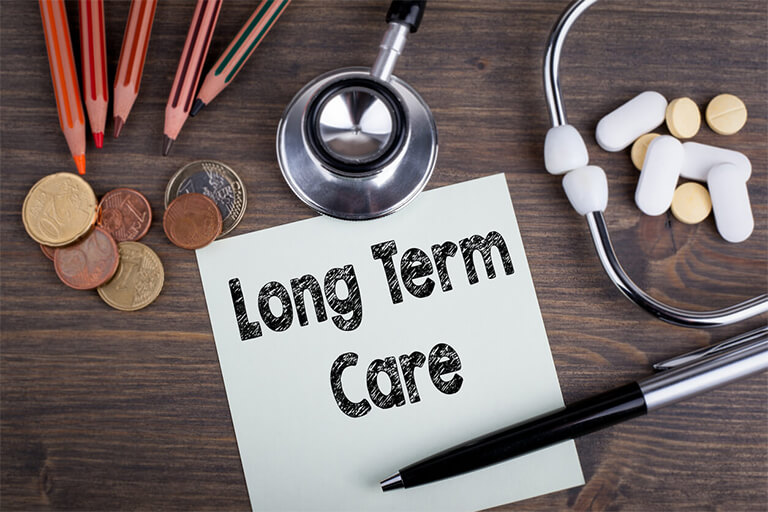Living With a Brain Injury
Long-Term Disabilities
The Centers for Disease Control and Prevention (CDC) reports that approximately 2.5 million people suffer a traumatic brain injury (TBI) each year. Every year, about 50,000 of those people die from their brain injuries. Survivors experience a range of repercussions, from temporary disability to total, permanent dependence on caregivers. Currently, about 5.3 million people are living with a TBI-related disability.
Searcy Denney has helped TBI survivors and their families for the past 45 years. We understand the challenges on the victim and loved ones of living with a brain injury and are dedicated to relieving that burden as much as possible.
Our Florida brain injury lawyers help you recover the compensation you need for a lifetime of care. When calculating damages, we consider your urgent care, rehabilitation, future medical bills, lifelong care, temporary and permanent disabilities, economic losses, diminished earnings, pain, emotional suffering and reduced quality of life. Our goal is to recover the means to pay for the services and tools you need for lifetime care.
Long-Term Disabilities
The long-term health problems you experience depend on the area of your brain that was injured and the extent of that injury. Severe brain damage may result in permanent disabilities that result in:
- Impaired physical mobility
- Impaired skin integrity
- Limited ability for self-care
- Bowel and bladder incontinence
- Sexual dysfunction
- Impaired verbal communication and comprehension
- Sleep pattern disturbance
- Chronic pain
- Difficulty breathing
- Changes in dietary needs
- Impaired cognition
Long-Term Care of Brain Injury Patients
Beyond the patient care, family members must also learn to cope with the effects of TBI. Your mildly to moderately injured loved one may require temporary assistance with activities of daily living that make working and handling household tasks difficult. If your loved one suffered from severe TBI, he or she may require 24-hour assistance that includes bathing, dressing, eating, moving and toilet use.
In addition, you may need to alter your home and vehicle to accommodate a severely disabled person — for example installing handrails, raised toilets, wheelchair ramps, hospital beds and special computer equipment.
Other tasks required to care for your loved one with severe TBI may include:
- Providing passive exercise to prevent joint stiffness
- Changing bed sheets and moving the patient to prevent bedsores
- Changing and cleaning catheters
- Administering medications through needle injections
- Providing physical and mental stimulus
- Monitoring the patient for infections and disease
A trained nurse can assist with some of these duties, but you need to be trained as well if your loved one will be living at home. Patients in a persistent coma, vegetative state or brain death must remain under the constant care only available through an expensive nursing facility.
Learn More About Damages Recovery to Pay for Lifelong TBI Care
Searcy Denney pursues damages that help you cover the extraordinary costs of lifelong TBI care. For more information about disabilities arising from traumatic brain injury and how we can help you meet those challenges, speak to our Florida brain injury attorneys during a free consultation. We take your injury claim on a contingency fee basis, so you owe us no lawyers’ fees and costs if we do not recover money compensation for you.



